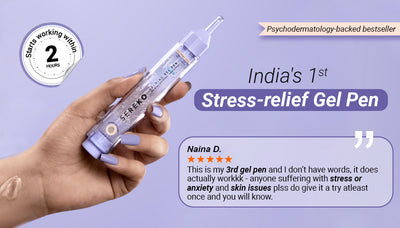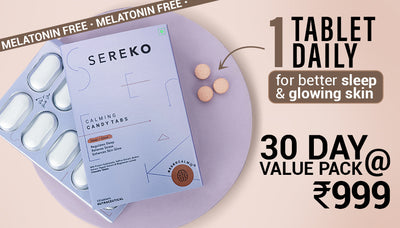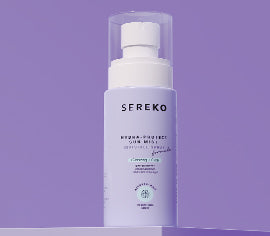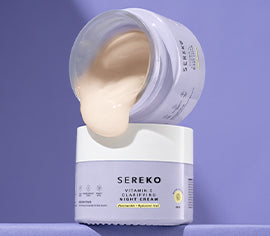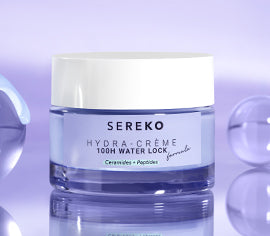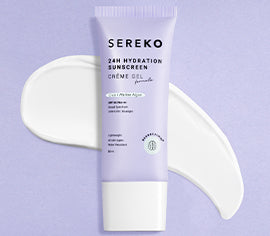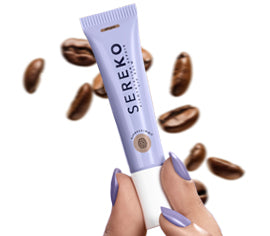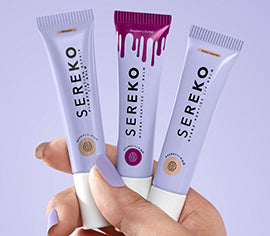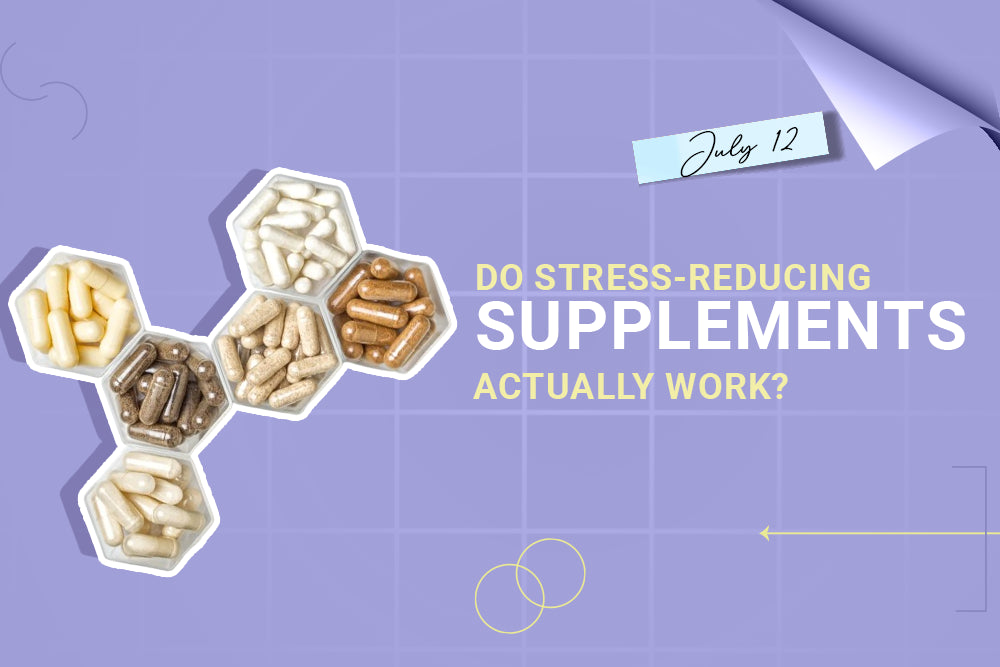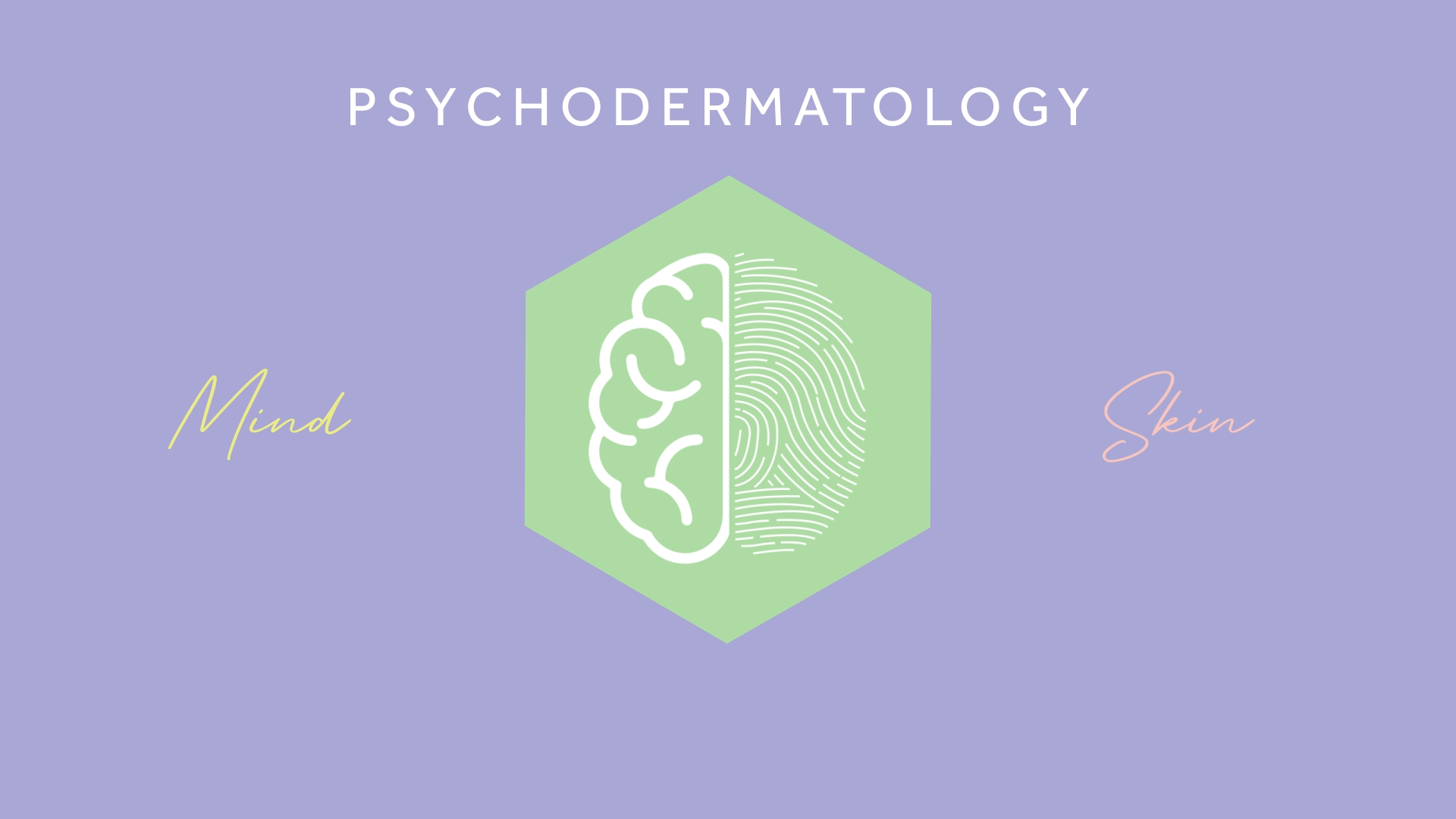Sensitive skin is a skin type and condition in which the skin tends to react with redness, dryness, stinging, or acne breakouts when exposed to specific ingredients or environmental factors.
Since skin covers our entire bodies - it can be really hard trying to cope with this condition as it varies in severity and with every case. Your skin may be sensitive by nature or may get sensitized by external factors - pollution, strong exfoliants and chronic stress to name a few. Do you have sensitive skin? The checklist given below can help you identify that.
Signs you have Sensitive Skin

Sensitivity shows up in a couple of different ways - some of the most common signs of skin sensitivity are:
- Persistent itchiness and skin tightness.
- Outbreaks of rashes, hives or sunburn.
- Redness and irritation after using certain skincare products.
- Severe dryness, in cooler weather conditions.
- Sensations of stinging or burning.
- Occasional acne breakouts.
- Facial redness after hot showers or consumption of spicy foods.
- Skin reactions to pollution and environmental factors.
Sensitive skin can be tricky to treat because most products don’t suit your skin and they aren’t designed to fit the needs of Sensitive skin.
What causes sensitive skin?
Sensitive skin isn't just a matter of genetics; it can result from a combination of internal and external factors:
Genetics and Hormones: Hormonal fluctuations, such as those during menstrual cycles or menopause, can trigger sensitivity.
Stress: High cortisol levels due to stress make the skin more sensitive and can lead to breakouts and increased oil production. Chronically high-stress levels can affect the immune system - making the skin more vulnerable to damage.
Allergies: Individuals with allergies often experience reactions to fragrances, chemicals, and dyes present in skincare products.
Environmental Factors: Extreme temperatures, cold or hot, can strip the skin of moisture, causing irritation and inflammation.
UV Radiation: Sun exposure can lead to sunburn, premature ageing, and wrinkles, increasing skin sensitivity.
Skin Conditions Pre-existing skin conditions like eczema and psoriasis can make the skin more prone to rashes and inflammation.
Measures to take care of Sensitive Skin
1. Patch Test Everything
Patch testing new products is crucial to avoid irritation or allergic reactions. Apply a small amount to your wrist or behind the ear. Leave it on for 15 minutes (rinse if it's a cleanser) and monitor the area for 24-48 hours. Look for redness, itching, or breakouts. If the area appears unchanged, you can proceed with using the product on your face. However, if you experience any reaction, discontinue using it immediately.
2. Identify Irritants
To prevent further inflammation, steer clear of sulfates, exfoliants such as glycolic and salicylic acid, retinoids, and creams with multiple ingredients. Isopropyl alcohol AHAs, BHAs, high-pH formulations and beaded scrubs are also common irritants.
To assess if one of your skincare products is breaking you out or irritating your skin by skipping that step to see if anything changes. If your skin feels better or stops breaking out when you stop using a product, it’s time to get rid of it.
3. Avoid Hot Showers
Indulging in long hot showers might seem tempting, but it is incredibly stressful for sensitive skin - it might be the reason behind the flaking. Hot water tends to strip away the skin's natural oils, leading to dry and flaky skin.
Additionally, the longer you are in the shower, the protective layer that keeps moisture locked in is gone leaving your skin dehydrated.
4. Never Skip Sunscreen

The cardinal rule of skincare - don’t skip SPF, and reapply constantly when exposed to direct or indirect sunlight. Sun protection is essential and non-negotiable, especially for sensitive skin. Opt for hydrating and cooling formulas that are designed to calm inflamed skin and offer at least SPF 50.
Our newest launch, the 24H Hydration Sunscreen (SPF 50, PA++++) has a creme gel formula that’s lightweight, non-greasy and designed to suit sensitive and acne-prone skin. It’s formulated with gentle and safe New-Gen Filters and is completely fragrance-free. Packed with powerful hydrating ingredients like cica, marine algae and hyaluronic acid, it is designed to keep your skin cool and hydrated all day long.
5. Use Gentle, Hydrating Products
Non-stripping and gentle products minimise the chances of reaction and help soothe the skin. Look for products with hydrating properties that don’t contain harsh actives. Look for products that maintain and nourish your skin barrier. Glycerin, hyaluronic acid, and aloe vera are humectants and emollients that draw and seal in moisture, and ceramides and fatty acids will replenish your lipid bilayer.
6. Ingest Your Skincare

Topically applying products to treat skin concerns can be tricky, but drinking your skincare has never been easier! One of the best supplements for Skin glow - our Super Glow Kit combines the power of Vitamin C and Glutathione to visibly brighten up the skin and stimulate collagen production. It contains anti-inflammatory extracts of resveratrol and grapeseed - which have been found to help control inflammatory skin conditions like dryness, eczema and psoriasis. Just consume the effervescent powders with water in your AM & PM routine - and see brighter, healthier skin in a matter of weeks!
Conclusion
With the right approach, sensitive skin doesn't have to hold you back. Embrace a gentle routine, identify your triggers, and prioritize hydration. You'll be surprised at how empowered you feel with calmer, healthier skin – remember, it’s about being consistent and committed to mindful self-care.
